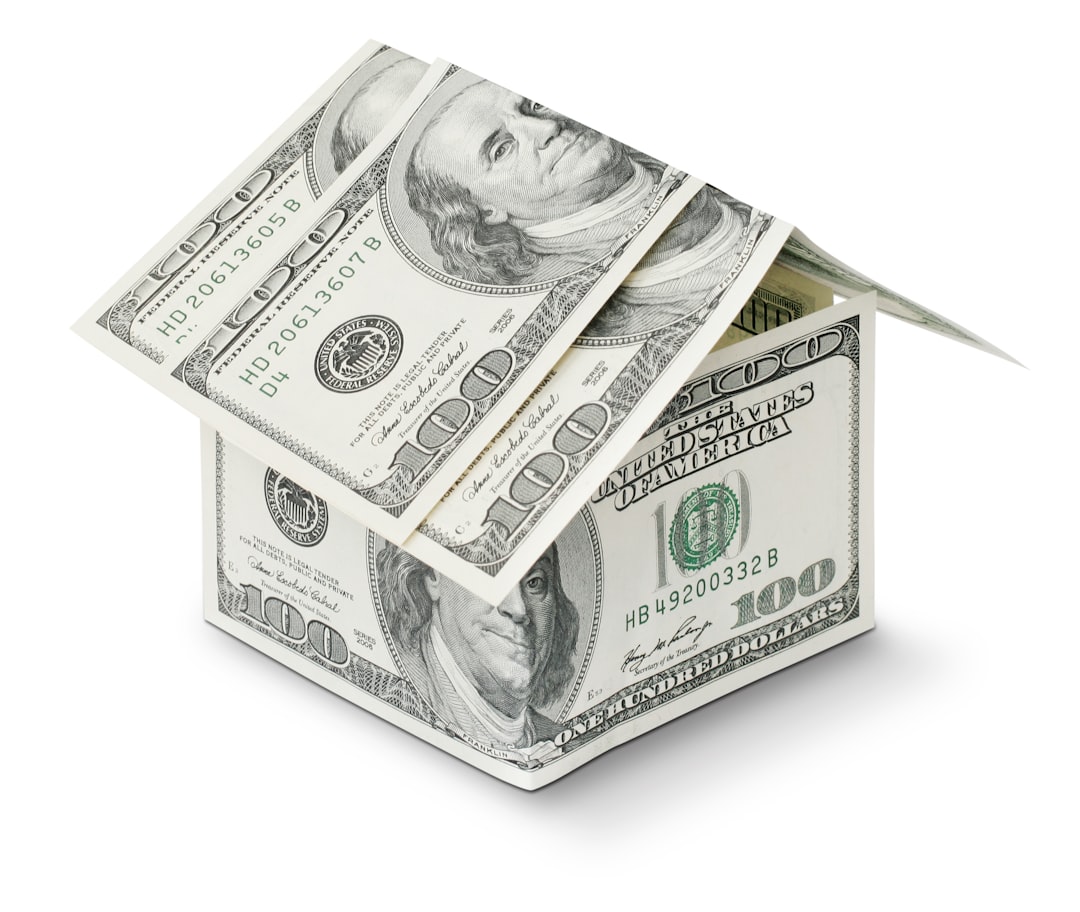Homeowner Consolidation Loans streamline debt management by merging multiple debts into one lower-interest loan with a single payment, freeing up cash flow for home improvements. These loans offer tax benefits, fixed rates, and budget predictability, making them ideal for substantial projects or smaller emergencies alike. Qualification requires strong credit history and stable income. Types include home equity loans, personal home improvement loans, and debt consolidation mortgages, each catering to diverse needs.
Considering a debt consolidation mortgage to fund home improvements? You’re not alone. Homeowner consolidation loans offer a strategic way to manage debts and invest in your property. This article guides you through understanding these loans, exploring their benefits, and outlining qualification criteria. We also break down different loan types and share smart strategies for optimizing renovation projects. Maximize your home’s potential with informed choices.
- Understanding Homeowner Consolidation Loans
- Benefits of Using Debt Consolidation Mortgages
- How to Qualify for Home Improvement Loans
- Types of Homeowner Consolidation Loan Options
- Smart Strategies for Funding Renovations
Understanding Homeowner Consolidation Loans

Homeowner Consolidation Loans are a strategic financial tool designed to simplify and streamline debt management for property owners. This type of loan allows homeowners to combine multiple existing debts, such as credit card balances, personal loans, or even previous mortgage debts, into a single, more manageable repayment structure. The key advantage lies in potentially lower interest rates and the convenience of making just one monthly payment, rather than several.
These loans can be particularly beneficial when homeowners are planning home improvements or renovations. By consolidating existing debts, property owners may free up cash flow that would otherwise go towards multiple payments, enabling them to allocate funds for much-needed upgrades or repairs. This not only simplifies their financial obligations but also provides a clear path to fund their renovation projects efficiently and effectively.
Benefits of Using Debt Consolidation Mortgages

Using Debt Consolidation Mortgages for home improvements offers several compelling benefits. One of the primary advantages is financial simplification. These loans allow homeowners to bundle multiple debts, including credit cards and personal loans, into a single, more manageable repayment. This consolidation streamlines financial obligations, making it easier to budget and save for renovation projects.
Additionally, Debt Consolidation Mortgages can provide access to larger borrowing amounts at potentially lower interest rates compared to high-interest consumer loans. This makes it an attractive option for substantial home improvement projects that require significant funding. By consolidating debts, homeowners can free up cash flow, allowing them to focus on enhancing their living spaces without the constant pressure of multiple repayments.
How to Qualify for Home Improvement Loans

To qualify for homeowner consolidation loans intended for home improvements, several factors come into play. Lenders will assess your credit history and score to determine your eligibility. A strong credit profile increases your chances significantly. You’ll also need to demonstrate a stable income to repay the loan. This can be through pay stubs, tax returns, or other financial documents. Lenders want to ensure you have the means to handle both your mortgage payments and the additional loan repayments without strain.
Additionally, lenders will consider the value of your home and the scope of improvements planned. Homeowner consolidation loans are often tied to the equity in your property, so a higher home value can make for better borrowing terms. The type of renovations you propose will also factor in; some projects may be more appealing to lenders than others. Kitchen and bathroom upgrades, for instance, tend to have a better return on investment compared to cosmetic changes.
Types of Homeowner Consolidation Loan Options

Homeowners looking to fund home improvements or renovations have several consolidation loan options available, each tailored to different needs and preferences. One popular choice is a home equity loan, which uses the equity built up in your property as collateral. This type of loan offers relatively low interest rates and tax advantages, making it an attractive option for significant home renovation projects.
Another common type is the home improvement personal loan, which isn’t secured by your property but offers a fixed interest rate and a set repayment period. These loans are often more accessible and suitable for smaller-scale projects or emergencies. Additionally, some lenders offer debt consolidation mortgages that combine your existing debts into a single mortgage with potentially lower interest rates, providing financial flexibility to fund various home improvement initiatives.
Smart Strategies for Funding Renovations

Many homeowners opt for homeowner consolidation loans to fund their renovation projects, and for good reason. These smart strategies offer a straightforward approach to finance home improvements, allowing you to bundle multiple debts into one manageable loan. By doing so, you can free up your cash flow, making it easier to afford the costs associated with renovations.
One of the key benefits is the potential for lower interest rates compared to traditional personal loans or credit cards. This means significant savings over time. Additionally, consolidation loans often come with fixed-rate terms, providing budget predictability and ensuring you know exactly what your monthly payments will be throughout the lifespan of the loan. This stability can make it easier to plan and stick to a renovation budget.
Homeowner Consolidation Loans can be a powerful tool for funding home improvements and renovations. By consolidating existing debts into a single mortgage, homeowners can simplify their financial obligations and free up funds for much-needed upgrades. With the right approach and understanding of loan options, you can turn your house into a home without breaking the bank. Remember, careful planning and strategic borrowing are key to making informed decisions about your property investments.
